There are multiple factories in China and around the world that produce Monk fruit extract . These factories process the monk fruit to create a natural sweetener that can be used in various food and beverage applications. Here’s some information on monk Fruit Extract factories, particularly focusing on those in China, where the majority of monk fruit is grown and processed:
Major Production Regions:
China: The largest producer of monk fruit, with most of the cultivation and processing taking place in the Guangxi Zhuang Autonomous Region.Other Countries: Smaller production also occurs in Vietnam and Thailand, although China remains the dominant source.
Key Steps in Processing:
Harvesting: Monk fruit is harvested when ripe.Cleaning and Drying: The fruit is cleaned and then dried to remove moisture.Crushing: The dried fruit is crushed to extract the juice.Extraction: The juice is further processed to isolate the sweet components (primarily mogrosides).Refinement: The extracted sweetener is refined to achieve a consistent taste and purity level.Packaging: The final product is packaged for distribution.
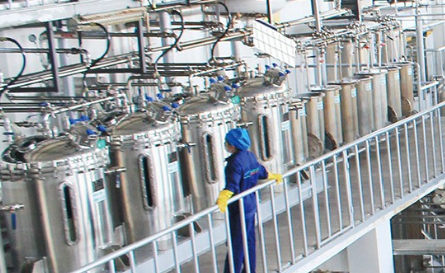
Leading Manufacturers:
Some of the key manufacturers of monk fruit extract include:
Swanson Health Products: Although not a factory, this company distributes monk fruit products sourced from reputable manufacturers.
Stmonk.com: Offers Monk Fruit Sweeteners, often blended with other natural sweeteners.
Walden Farms: Known for a variety of monk fruit-sweetened products, such as dressings and sauces.
In terms of actual factories producing monk fruit extract, here are some notable ones:
Guilin Green Foods International: One of the largest monk fruit extract producers in China, located in the Guangxi region.Ningbo Sino-Nature Health Science Co., Ltd.: Another significant manufacturer in China that produces monk fruit extract.
Quality Control:
Factories producing monk fruit extract typically implement rigorous quality control measures to ensure the safety and purity of the final product. This includes testing for contaminants and ensuring compliance with international food safety standards.
Export:
Many Chinese factories export monk fruit extract to countries around the world, including Germany. The extract is used in a variety of products, from beverages and baked goods to dietary supplements.
Regulatory Compliance:
Factories must comply with local and international regulations, including those set by the European Food Safety Authority (EFSA) and the European Commission, to ensure the monk fruit extract is safe for consumption in Europe.
Sustainability:
Some factories focus on sustainable farming practices and fair trade policies to support local communities and protect the environment.
Contacting Factories:
If you're looking to import monk fruit extract for your business, you can contact these factories directly through their websites or through trade platforms like Alibaba, Made-in-China, or Global Sources.
Contacts:
Website: Stmonk.com Email: [Colin@nutra-max.com]Phone: +86-139 7487 5747
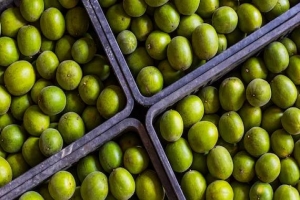 The regulation of Monk Fruit Extract (also known as Luo Han Guo extract) varies across different cou
The regulation of Monk Fruit Extract (also known as Luo Han Guo extract) varies across different cou
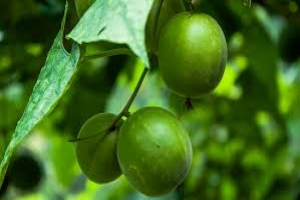 Health Canada Approves Monk Fruit Extract as a Natural Sweetener
Health Canada Approves Monk Fruit Extract as a Natural Sweetener
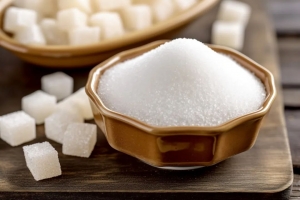 New Breakthrough in Allulose: A Healthier Sugar Alternative Gains Momentum
New Breakthrough in Allulose: A Healthier Sugar Alternative Gains Momentum
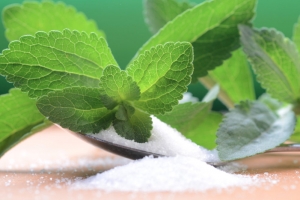 Understanding Reb-M: The Benefits of a Next-Generation Sweetener
Understanding Reb-M: The Benefits of a Next-Generation Sweetener